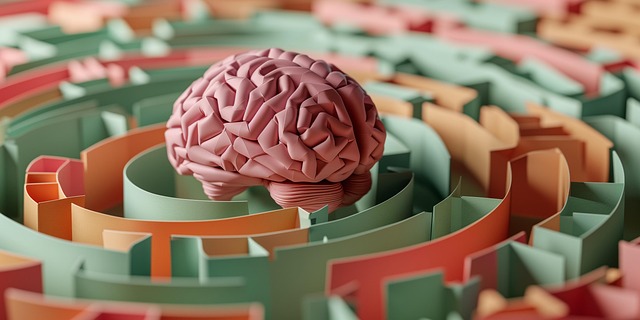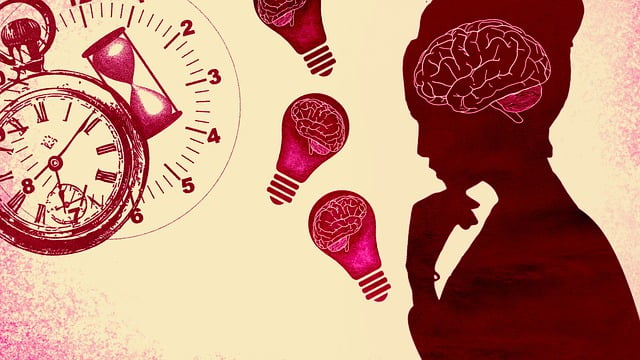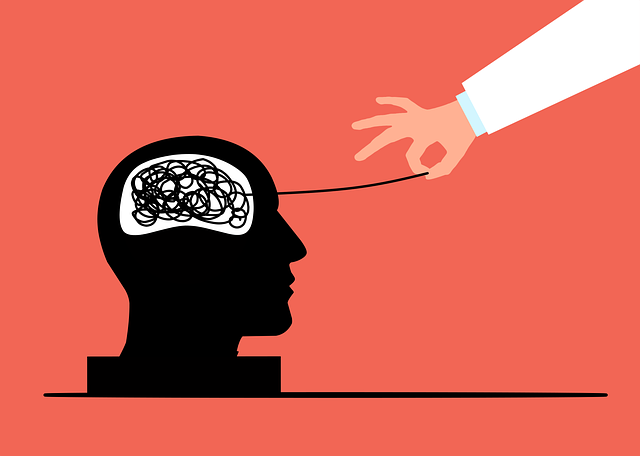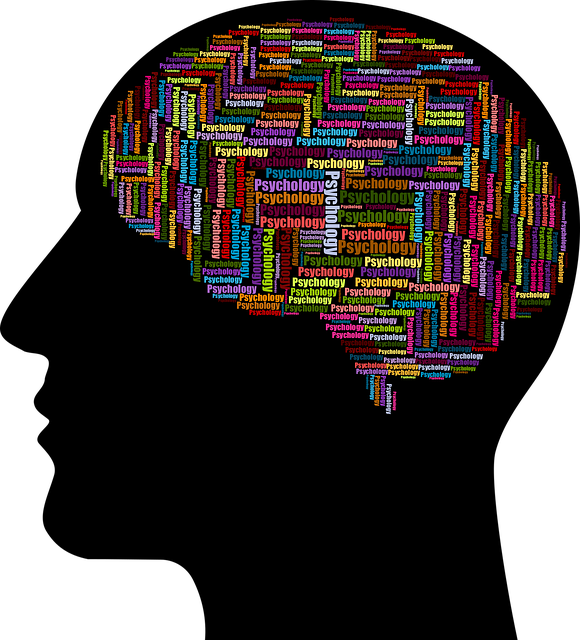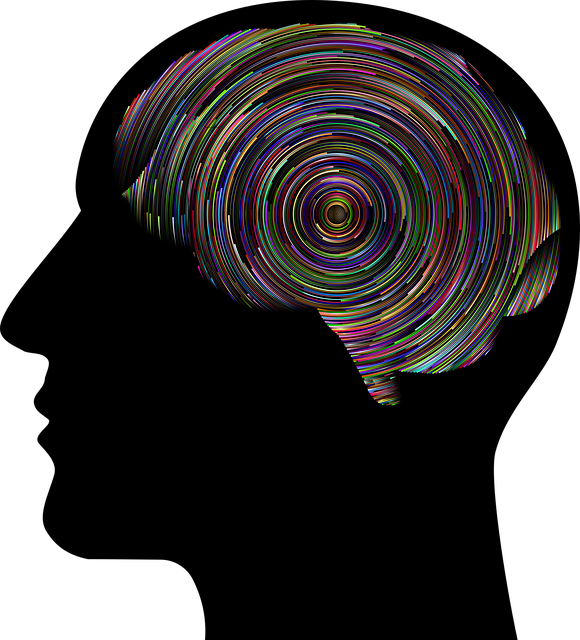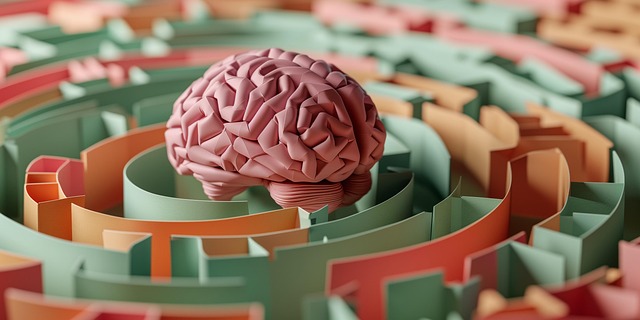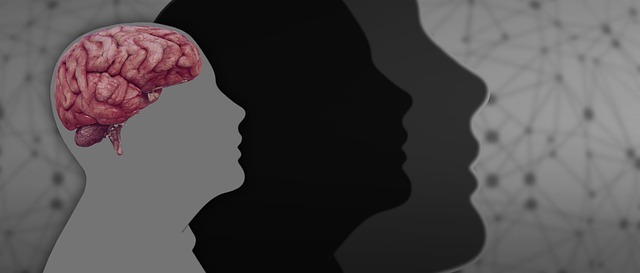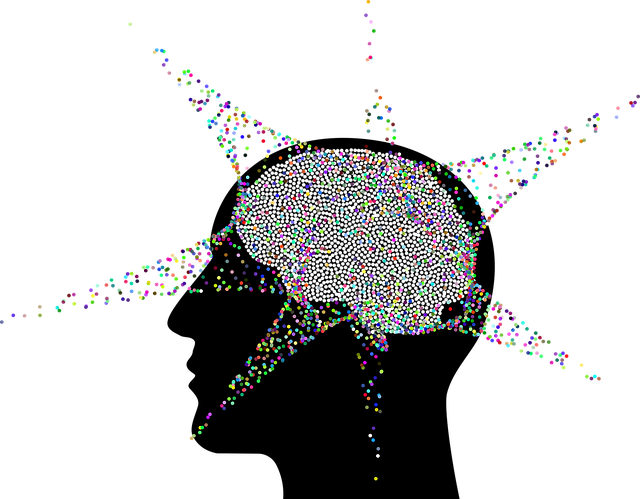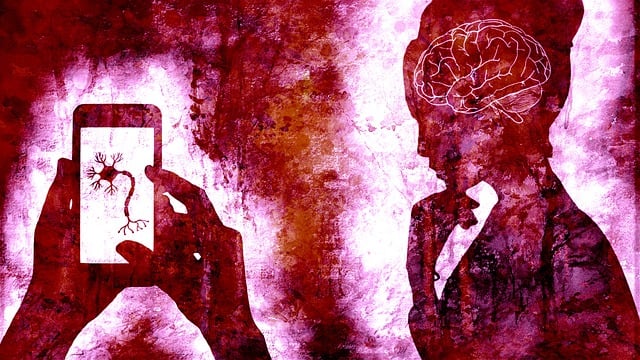Integrating advanced assessment tools like play therapy and specialized social skills training improves accuracy in diagnosing mental illness in young patients. These holistic methods, tailored to children's developmental stages, enhance therapeutic environments, encouraging expression and growth. A multi-faceted approach including education, stigma reduction, and family involvement is crucial for better outcomes. Play therapy aids professionals in recognizing subtle signs, differentiating disorders, and considering comorbidities, while engaging families in care empowers parents to provide consistent support.
Mental illness diagnosis accuracy is paramount for effective treatment, yet current methods face challenges. This article explores strategies to enhance diagnostic precision, focusing on play therapy as a powerful tool for young patients. We delve into advanced assessment tools tailored for children and the critical role of training and education in clinician performance improvement. Additionally, we emphasize family involvement as an integral component, highlighting its impact on achieving accurate diagnoses through collaborative care.
- Understanding the Current Challenges in Mental Illness Diagnosis
- The Role of Play Therapy in Enhancing Diagnostic Accuracy
- Integrating Advanced Assessment Tools for Young Patients
- Training and Education to Improve Clinician Performance
- Family Involvement: A Key Component for Accurate Diagnoses
Understanding the Current Challenges in Mental Illness Diagnosis

Mental illness diagnosis is a complex process, often fraught with challenges that impact accuracy and patient outcomes. One significant hurdle lies in differentiating between symptoms of mental health disorders and normal developmental stages or other physical conditions. Children, in particular, present unique diagnostic difficulties due to their evolving brains and limited communication skills. This complexity requires healthcare professionals to employ meticulous assessment techniques, encompassing detailed medical histories, observations, and specialized tools tailored for different age groups.
Current efforts to enhance diagnosis accuracy focus on integrating innovative approaches like play therapy for children, which can provide valuable insights into their emotional states and thought processes. Additionally, promoting emotional well-being through stress management techniques and mindfulness meditation has shown promise in improving diagnostic clarity by helping individuals express their feelings and thoughts more effectively. These strategies complement traditional methods, contributing to a holistic understanding of mental health conditions and paving the way for more precise diagnoses and effective treatment plans.
The Role of Play Therapy in Enhancing Diagnostic Accuracy

Integrating Advanced Assessment Tools for Young Patients

Integrating advanced assessment tools is a promising strategy to enhance mental illness diagnosis accuracy for young patients. These innovative methods go beyond traditional techniques by utilizing technology and specialized therapies, such as play therapy, tailored to children’s unique needs and developmental stages. By employing these tools, mental health professionals can conduct more comprehensive risk assessments, enabling them to make informed decisions about treatment plans.
For instance, social skills training and compassion cultivation practices have shown effectiveness in identifying subtle emotional cues and enhancing interpersonal understanding in young individuals. Such approaches not only improve assessment accuracy but also foster a therapeutic environment that encourages expression and growth. This holistic integration of advanced assessment tools promises more effective therapy for children while ensuring mental health professionals are equipped to navigate the complexities of pediatric mental health.
Training and Education to Improve Clinician Performance

Improving mental illness diagnosis accuracy requires a multifaceted approach, and one key area is training and education. Mental health professionals play a vital role in identifying and treating various mental health conditions, especially among children. Play therapy, specifically tailored for younger individuals, has emerged as an effective tool to enhance diagnostic precision. By incorporating evidence-based practices and continuous learning, clinicians can better understand the nuances of mental illness presentation in children. This includes recognizing subtle signs, differentiating between similar disorders, and considering comorbidities—all crucial aspects for accurate diagnosis.
Additionally, addressing the Mental Illness Stigma Reduction Efforts is essential. Educating both professionals and the public about the importance of early intervention and proper management can foster a supportive environment. Risk Management Planning for Mental Health Professionals is another significant aspect that ensures practitioners are equipped to handle complex cases while maintaining patient safety. Through comprehensive training programs, professionals can stay updated on the latest research, treatment modalities, and ethical considerations in mental health care, ultimately leading to better outcomes and improved diagnostic accuracy.
Family Involvement: A Key Component for Accurate Diagnoses

Family involvement is a critical component in achieving accurate mental illness diagnoses, particularly for children. Integrating parents or guardians into the assessment and therapy process enhances understanding of the individual’s behavior and emotional responses within their familial context. Play therapy, a specialized approach tailored for children, allows mental health professionals to gather insights from both the child and their family dynamic. This collaborative effort not only improves diagnostic accuracy but also fosters trust and engagement, essential elements for successful treatment planning.
Incorporating families into the care journey aids in identifying potential triggers or protective factors within the home environment. Effective risk management planning for mental health professionals, which includes addressing mental illness stigma reduction efforts and trauma support services, benefits immensely from this collaborative approach. By involving families, therapists can tailor interventions to not only address the child’s needs but also educate and empower parents to provide consistent care and reinforcement in a supportive setting.
Mental illness diagnosis accuracy is a multifaceted issue that demands a holistic approach. By understanding the current challenges, incorporating innovative methods like play therapy for children, and leveraging advanced assessment tools, we can significantly enhance diagnostic accuracy. Training and education are crucial to improving clinician performance, while family involvement ensures a comprehensive understanding of the patient’s environment and context. Integrating these strategies can lead to more effective treatment plans and improved outcomes for individuals struggling with mental health issues.

